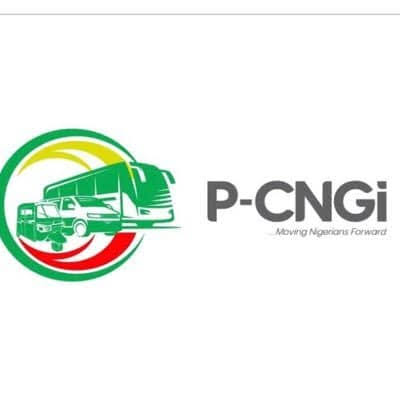The Federal Government has announced the successful conversion of over 100,000 petrol-powered vehicles to run on Compressed Natural Gas (CNG) in the past year, marking what it described as a major milestone in the nation’s push for alternative fuel adoption.
Speaking at a sensitisation workshop held in Lagos on Thursday, the Programme Director and Chief Executive Officer of the Presidential Compressed Natural Gas Initiative (PCNGI), Michael Oluwagbemi, said the initiative had seen significant progress as part of government efforts to cushion the economic impact of petrol subsidy removal.
“In just over a year, we’ve gone from fewer than 4,000 CNG-powered vehicles to nearly 100,000,” Oluwagbemi stated. “The President’s vision was clear—reduce pressure on citizens by leveraging domestic energy sources like natural gas to build a more sustainable and cost-effective transportation system.”
According to Oluwagbemi, the PCNGI has benefited from growing awareness among the public and increased private sector investment. He cited the Dangote Group’s recent deployment of 4,000 CNG trucks as a sign of private confidence in the programme.
“It’s no longer just a government-led project—businesses are now investing because they can see the economic and environmental benefits,” he added.
The PCNGI’s next phase aims to convert 250,000 additional vehicles in partnership with private operators. So far, the sector has attracted over $1 billion in investments, including $280 million from the Dangote Group, $28 million from Arita LNG, and significant contributions from companies such as Femadec, Greenview, and Greenville.
Infrastructure has also expanded dramatically. From just seven CNG conversion centres last year, the country now boasts 265 operational centres. The number of CNG refuelling stations has increased from 20 to 60, with 175 more in the pipeline. The initiative has also created more than 10,000 direct jobs.
Oluwagbemi addressed safety concerns, asserting that CNG is significantly safer than petrol and diesel.
“CNG is 18 times less explosive than petrol and eight times less than diesel. Most explosion reports are exaggerated or involve traditional fuel vehicles, not CNG ones,” he said.
He also linked the initiative to broader economic benefits.
“When transport becomes cheaper, food prices drop. In Lagos, the price of meat has decreased in some areas due to CNG-powered livestock transport,” he explained.
The initiative has garnered support from major stakeholders in the transport sector. Babatunde Karim, an executive of the Road Transport Employers Association of Nigeria (RTEAN), praised the programme for significantly lowering fuel costs.
“Before, we spent about ₦50,000 on petrol for certain routes. With CNG, it’s now around ₦12,000. That’s a massive relief,” Karim said, noting that even operators of Lagos’ iconic yellow buses had begun conversions.
However, he highlighted challenges such as low gas pressure and irregular supply at some refuelling stations.
“There are days we queue with no pressure or no gas at all. These issues need urgent attention,” he urged.
RELATED NEWS:
National Assembly demands thorough assessment of CNG technology
Tanker drivers decry poor road conditions, exclusion from CNG scheme
Dele Tajudin, an executive member of the Independent Petroleum Marketers Association of Nigeria (IPMAN), also praised the programme’s potential but warned of implementation hurdles.
Representing IPMAN National President Alhaji Abubakar Maigandi, Tajudin pointed out that most petrol stations were not designed for CNG and required significant investment and regulatory approval to retrofit.
“Converting a petrol station to a CNG facility isn’t plug-and-play—it needs structural changes, compliance with safety standards, and financial support. Without government backing, most marketers can’t afford the switch,” he said.
He added that the scarcity of functional CNG stations had resulted in long queues and reduced access for motorists.
“Independent marketers are present in virtually every corner of Nigeria. We are strategically positioned to support this transition, but we need technical and financial assistance,” Tajudin stressed.
Responding to critics of the project’s pace, Oluwagbemi remarked: “Rome wasn’t built in a day. Those who created the subsidy crisis cannot fairly criticise the speed at which it’s being addressed.”
He called on Nigerians to support President Bola Tinubu’s broader energy transition agenda, which includes renewable energy development and reduced reliance on imported petroleum products.



